Approximately 22 million Americans over the age of 12 experience substance use disorder. Of those, few will ever seek the treatment they need to get sober and maintain lasting recovery. There are many reasons why people don’t seek treatment, including financial concerns, stigma, or a belief that their relationship with drugs or alcohol is not significant enough to warrant seeking help.
Many addiction treatment facilities throughout the nation offer competent, comprehensive therapy and detox services. Statistics from the Substance Abuse and Mental Health Services Administration in early 2020 indicated more than 14,000 registered drug and alcohol rehabs across the nation. It is crucial to find the right rehab, offering the best treatment models to meet your loved ones’ needs and goals from rehab.
What are the Signs a Loved One is Abusing Drugs?
The signs and symptoms of addiction will differ from person to person. Several factors may contribute to the symptoms your loved one experiences when struggling with drug or alcohol addiction. These include the type of substance or substances, how often they use, their addictions’ severity, and whether there are any co-occurring medical or mental health conditions that may present added challenges as they pursue sobriety. Despite the individualized nature of addiction, there are several signs that your loved one is abusing substances that occur for almost everyone.
Drug addiction will affect your loved one’s physical, psychological and behavioral health. Because they are most outwardly visible, changes to your loved one’s physical health may be the first clear sign of a substance addiction. Some typical physical symptoms of drug and alcohol addiction may be weight changes, sleeping problems, changes in hygiene habits, and changes in energy levels. Other signs of substance use such as sniffles, burns, track marks, and runny nose may also occur with certain substances.
In addition to physical signs of substance use, your loved one may experience emotional and behavioral challenges. You may notice drastic or violent mood swings. They may also struggle with legal and financial problems, problems at work, and changes in social groups. They may become increasingly isolated, depressed, paranoid, and anxious. Without help from a Northern California treatment center like Marina Harbor, the early symptoms of a substance use disorder can evolve into severe medical and mental health conditions.
How to Talk to Someone Suffering From Addiction?
When a loved one suffers from addiction, they may experience difficulties with acknowledging their unhealthy relationship with substances. As a loved one or friend, it can be challenging to watch and wait for your loved one to acknowledge they need help. It may seem impossible to convince them that seeking help at a professional rehab is the safest and most effective way to get sober and maintain lasting recovery.
Although frustrating, it is crucial to be patient and understanding. Each person who chooses to seek help to overcome drugs or alcohol will do so at a time (and speed) that is best for them. When talking about drug or alcohol use, do not use accusatory or inflammatory statements. Instead, express that you want to help and are there when they are ready.
How to Get Someone Into Rehab
One option for helping your loved one learn more about rehab’s benefits is to contact their medical or mental health provider. A primary care doctor or another medical professional they trust can talk with them about the effects of addiction and how long-term, untreated substance use could lead to lasting physical and emotional concerns. They can also talk about the impacts of addiction on their health and the emotional health of their loved ones.
Finding Addiction Treatment in San Francisco
If you are worried about the health of a friend or loved one struggling with addiction and unsure where to start on the road to getting them the help they need, contact us at Marina Harbor today. Members of our admissions team can provide information about the benefits of rehab and suggestions to help your loved one begin their sobriety journey in a safe and supported addiction treatment program in San Francisco.


